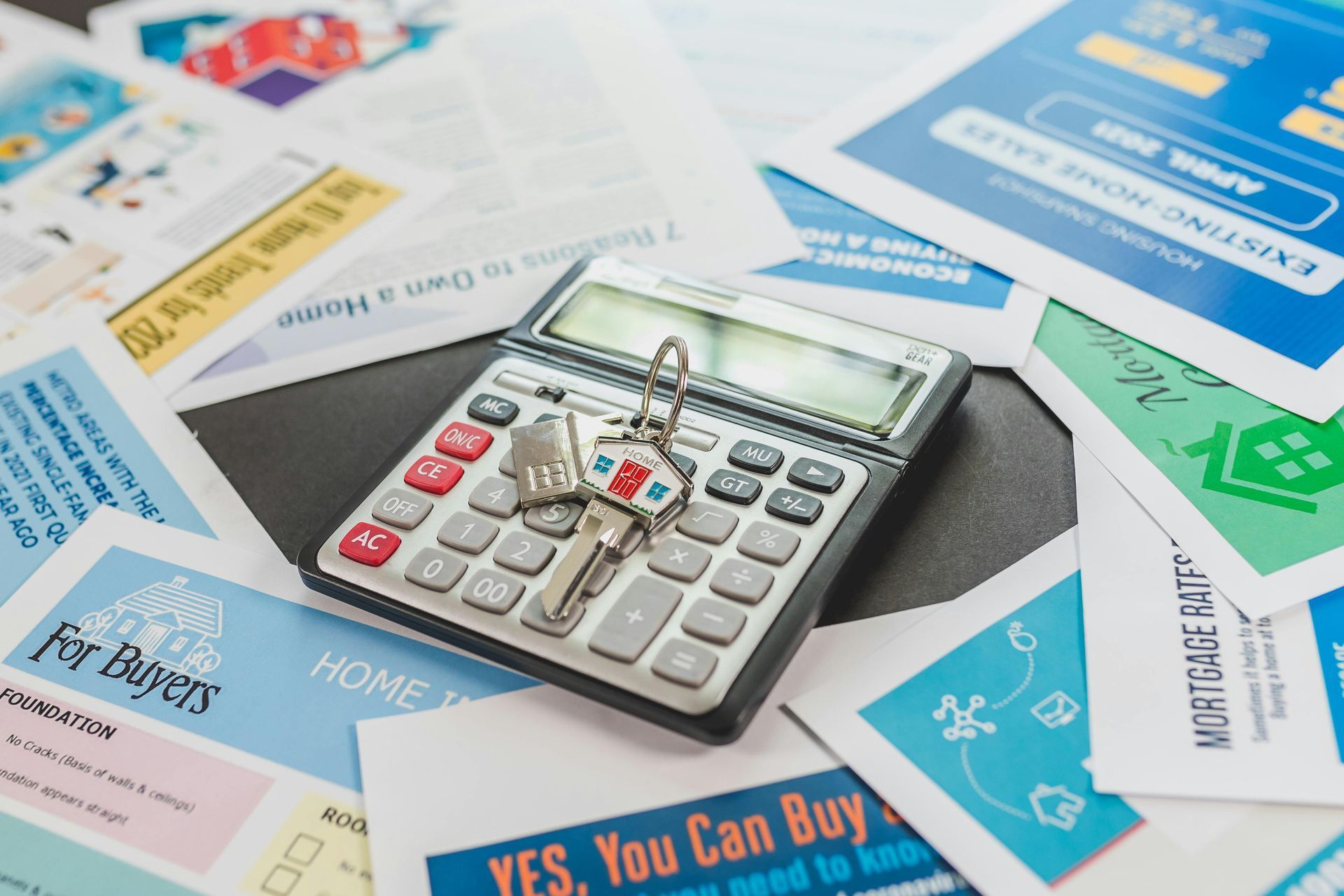Why 'Buy Now, Pay Later' Could Jeopardize Your Homeownership Goals
As your trusted mortgage lender, I want to address a growing trend that may seem convenient, but could interfere with your dream of owning a home: Buy Now, Pay Later (BNPL) services like Affirm, Klarna, and Afterpay.
As your trusted mortgage lender, I want to address a growing trend that may seem convenient, but could interfere with your dream of owning a home: Buy Now, Pay Later (BNPL) services like Affirm, Klarna, and Afterpay.
BNPL Is Becoming a Credit Score Factor
Starting fall 2025, FICO’s updated scoring models (FICO 10 and 10T) will begin factoring in BNPL payments, whether on time or late. While responsible use may improve your score, missed payments or inconsistent history could damage it significantly.
Frequent BNPL Use May Raise Concern with Lenders
Even if you make payments on time, heavy use of BNPL can be a red flag during underwriting. Banks and credit unions, including big names like JPMorgan Chase, are scrutinizing applications more closely when they spot BNPL history. Some institutions are even limiting how customers can repay BNPL plans to mitigate perceived risks.
Higher Delinquency Rates and Financial Stress
Delinquencies in BNPL are rising. The industry's charge-off rate rose from 1.83% in 2020 to 2.39% in 2021, and the trend continues upward. Moreover, a Morning Consult survey found that over 40% of BNPL users carry outstanding debt, and 25% missed a payment last month, which leads to late fees, credit score drops, and even collections interactions.
Overspending and Habitual Use Can Undermine Your Budget
BNPL’s appeal lies in "getting it now, paying later", but that ease encourages spending beyond your means. Surveys show 29% of users admit to overspending, and 18% have missed a payment. In many cases, even small defaults can trigger hefty late fees and snowball into major repayment challenges.
Impacts on Mortgage Eligibility and Interest Rates
Your credit score and debt-to-income ratio are critical for mortgage approval and favorable rates. A lower score from BNPL missteps can mean higher interest, added fees, or even denial. Responsible borrowers may benefit, but there's little room for error when preparing for home financing.
What’s The Bottom Line?
BNPL isn’t inherently bad, but when mismanaged, it can hinder your path to homeownership. As your mortgage advisor, here’s what I recommend:
- Use BNPL sparingly and purposefully, and only for planned purchases within your budget.
- Track payments diligently and avoid overlapping plans.
- If you're concerned about outstanding BNPL debt, consider consolidating with a personal loan to simplify repayment and protect your credit profile.
- Before applying for a mortgage, review your credit report for any BNPL history and work to address potential issues early.
Your future home depends not just on income and down payment, but on your credit health and repayment habits. Let’s work together to keep your path to homeownership clear and strong.













